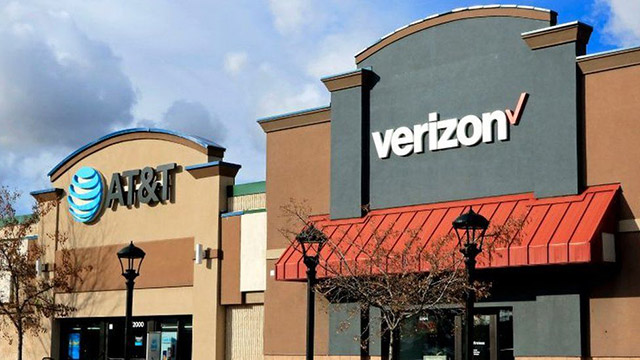bbc.com. Two of the biggest US phone firms have rejected a government request to delay the rollout of 5G services this week.
The US Transportation Secretary Pete Buttigieg and the Federal Aviation Administration (FAA) made the request over concerns about aviation safety.
However, AT&T and Verizon did say they will implement temporary safeguards.
Plane makers have warned that C-Band spectrum 5G wireless signals may interfere with sensitive aircraft electronics and could disrupt flights.
Read also
In a joint letter, the chief executives of AT&T and Verizon said the proposal to delay for a fortnight the introduction of 5G services, which are due to start on 5 January, would be “an irresponsible abdication of the operating control required to deploy world-class and globally competitive communications networks.”
However, they also said that they will not deploy 5G around airports for six months, similar to an approach adopted in France.
“The laws of physics are the same in the United States and France,” the letter said.
“If US airlines are permitted to operate flights every day in France, then the same operating conditions should allow them to do so in the United States,” it added.
But the FAA said circumstances in France are different, including that telecom firms operating in that country use lower power levels for 5G than are allowed in the US.
The aviation industry and the FAA had previously raised concerns about potential interference of 5G with aircraft equipment like radio altitude meters.
Last month, the bosses of the world’s two biggest plane makers, Airbus and Boeing, made an appeal to Mr Buttigieg in which they said “5G interference could adversely affect the ability of aircraft to safely operate”.
The letter cited research by trade group Airlines for America which found that if the FAA’s 5G rules had been in effect in 2019, about 345,000 passenger flights and 5,400 cargo flights would have faced delays, diversions or cancellations.
The airline group urged the US Federal Communications Commission (FCC) and the telecom industry to work with the FAA and aviation companies and said it may go to court on Monday if the FCC does not act.
On Sunday, an FCC spokesperson said the agency is “optimistic that by working together we can both advance the wireless economy and ensure aviation safety.”
























































